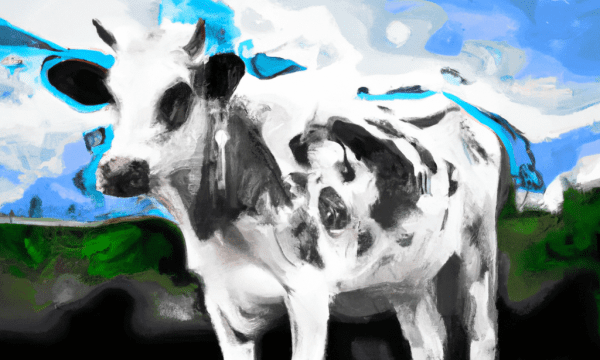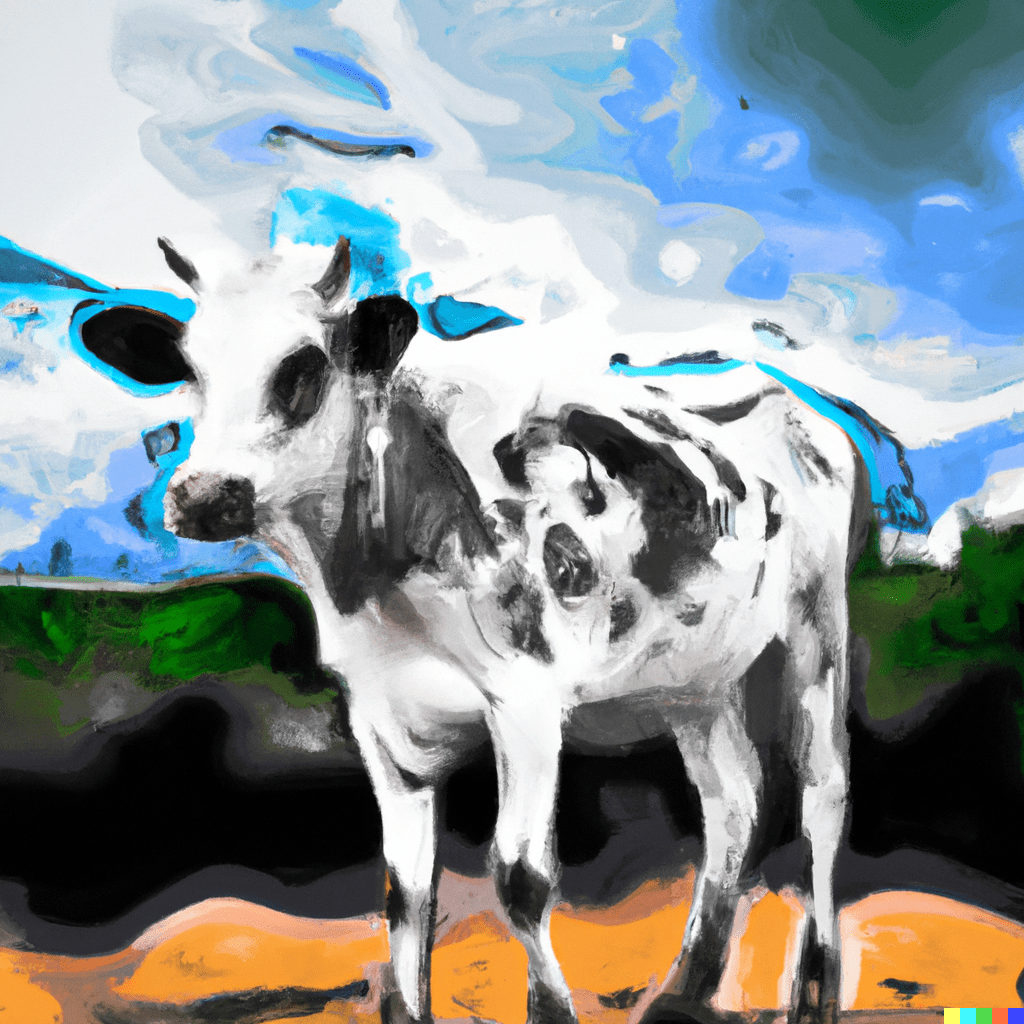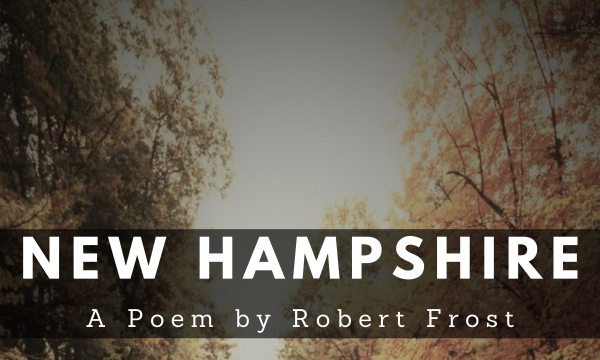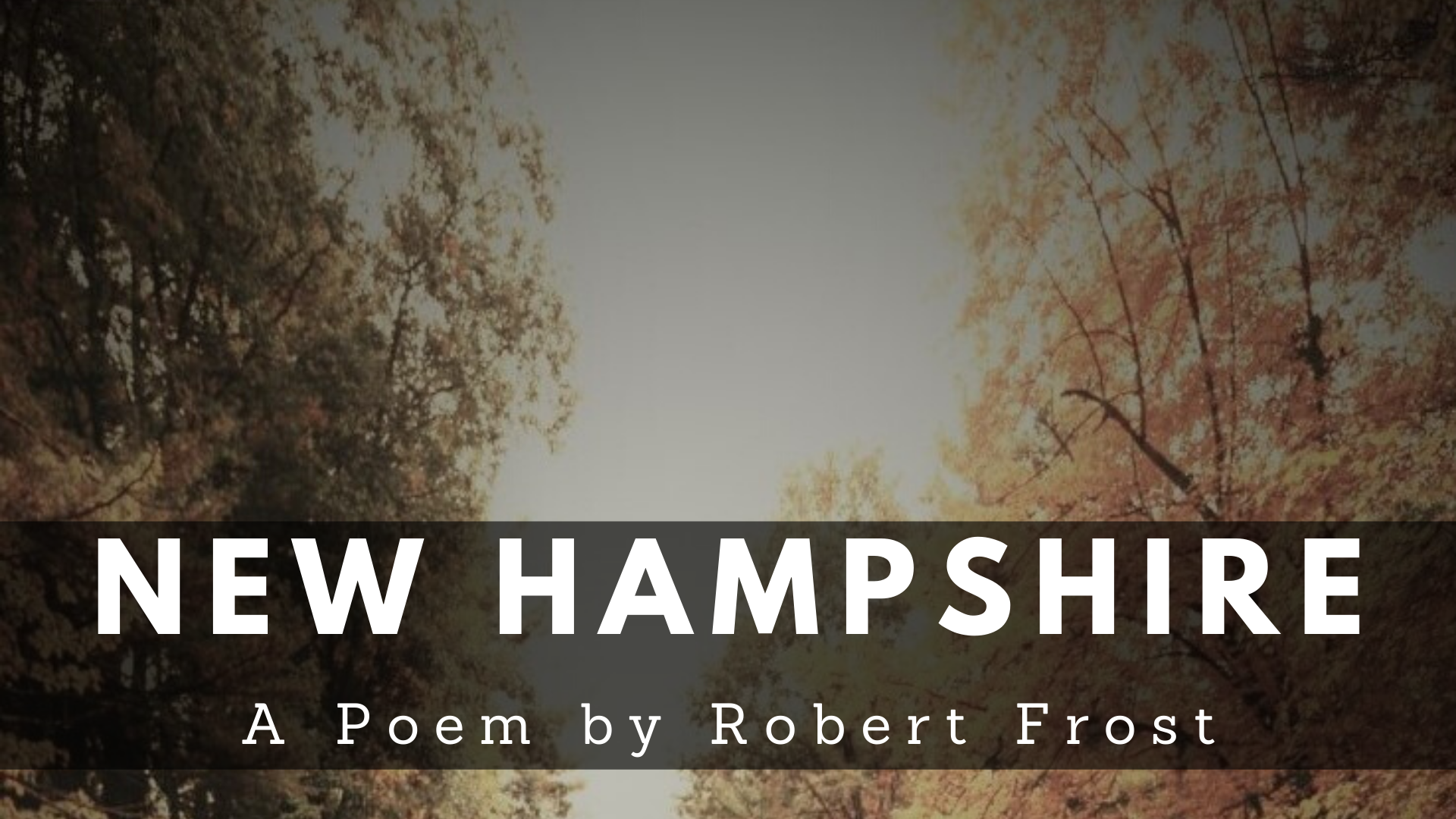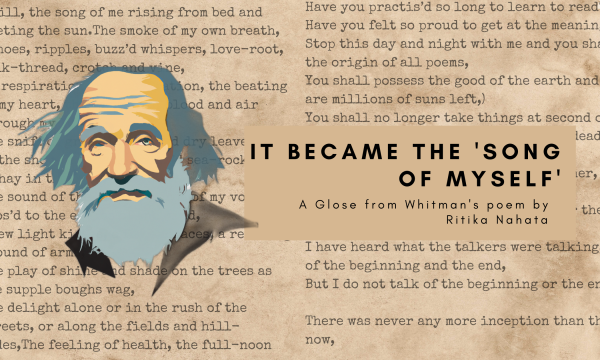
This is a Glose/Gloss/Glosa (a Spanish poetic form) that begins with an Epigraph from the poem ‘Song of Myself’ by Walt Whitman. You can call it an ode to the original poem.
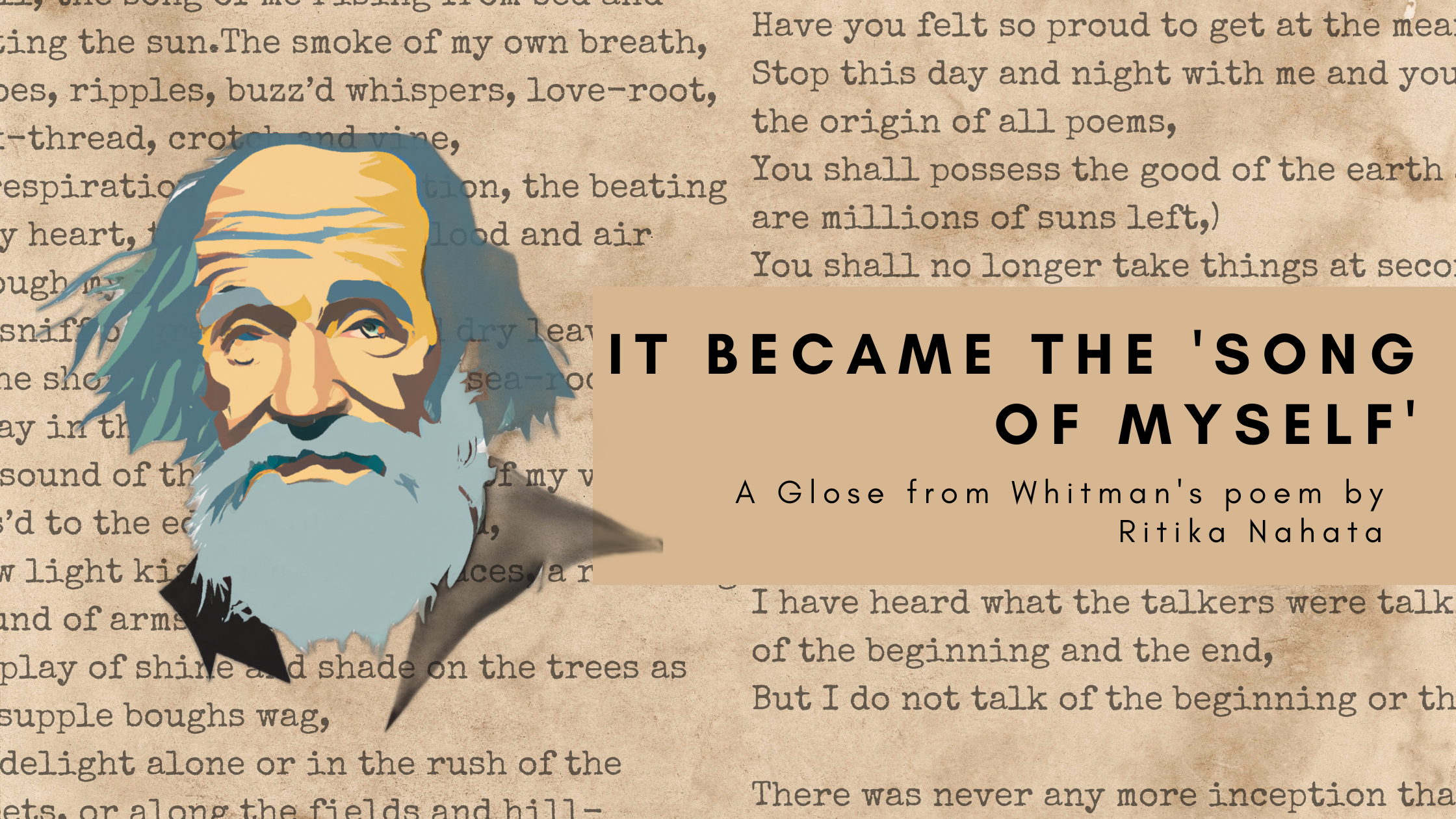



Have you ever stood at your balcony, just to gaze at the sky? I just did, and words aren’t enough to describe how I fell for my friend staring at me from far. The same white ball, that’s always there for me.


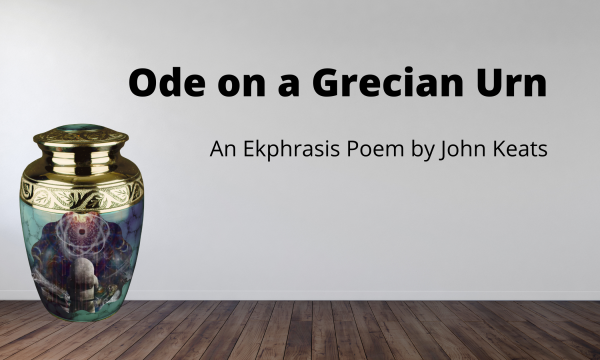

Ode on Grecian urn is an ekphrasis poem dedicated to an urn from Greece that’s telling immortal stories about the pictures that are depicted on it. These stories mesmerize the speaker.
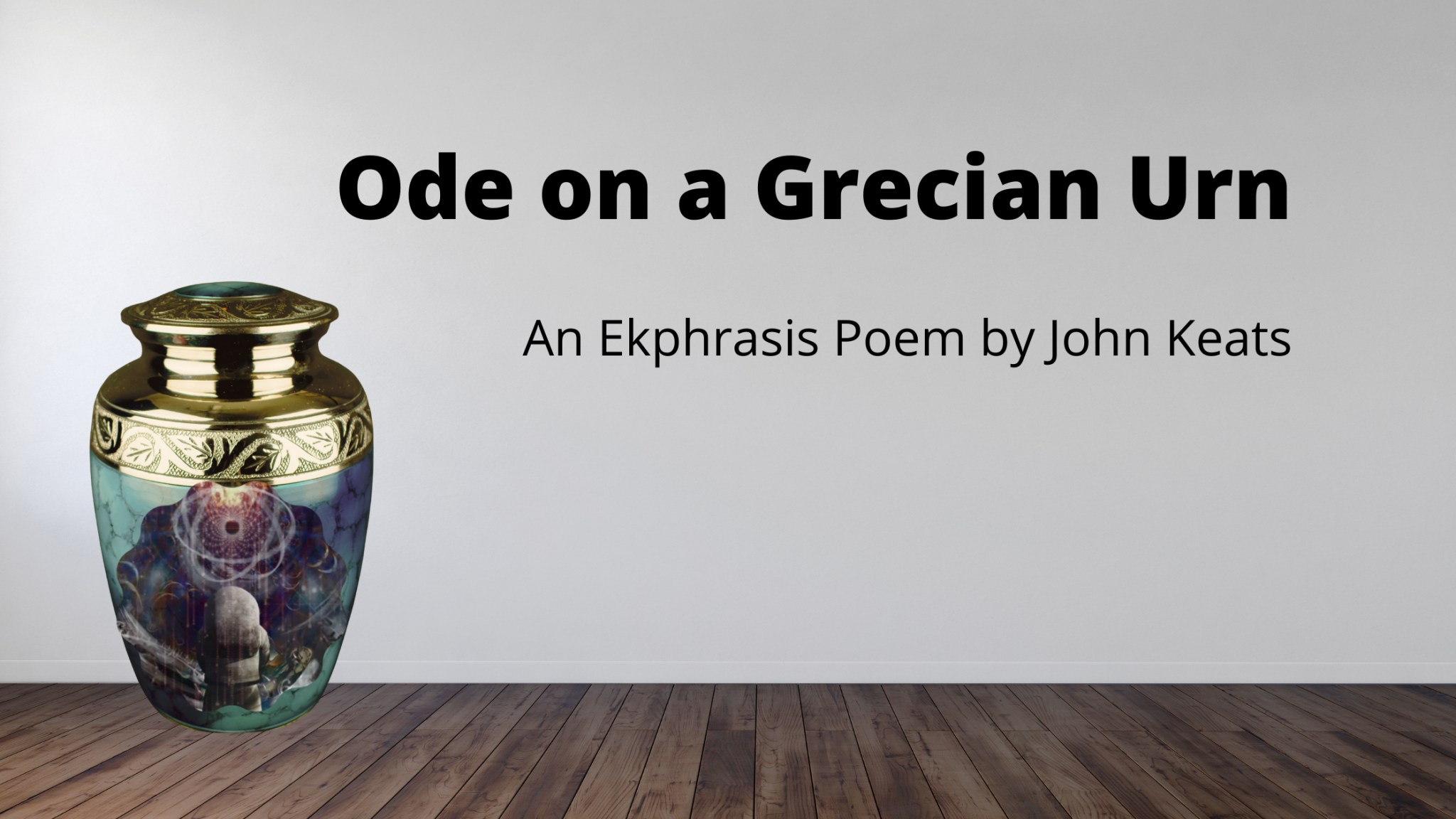

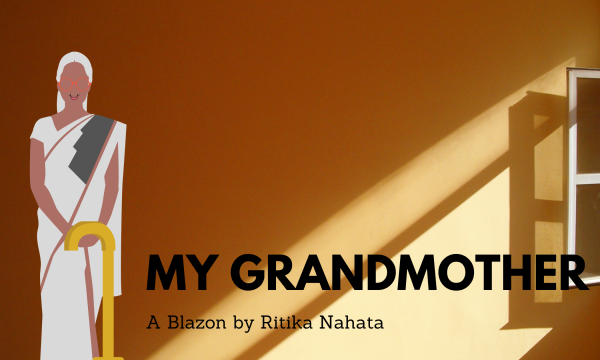

A Renaissance genre characterized by a short catalog-style description, often of the female body. This type of poem makes extensive use of metaphors and similes to describe the person.
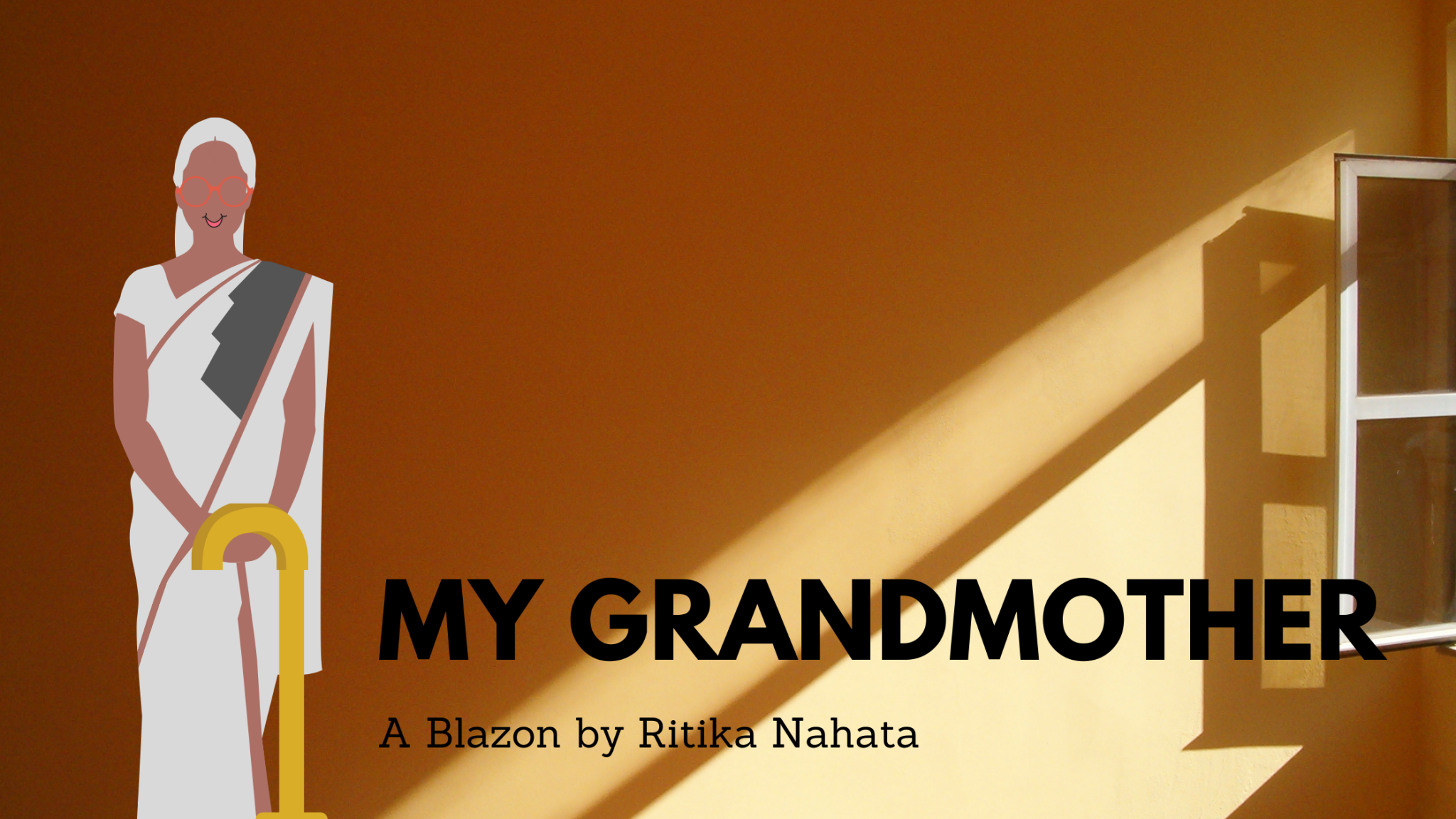



This poem is basically dedicated to all the women and girls out there who are a Warrior. The sacrifices they do and the pains they go through for pothers being a mother, a sister, a wife, a friend, and so many other roles. I want to say thanks to all of them and tell them you all are the strongest.




Victories come with a price. Here the ship may have successfully sailed through all the perils towards the victory, but the Captain is no longer alive to taste it. The captain, here, in this poem, refers to the late president of USA, Abraham Lincoln. The poem is written with reference to American Civil War of 1861-65.


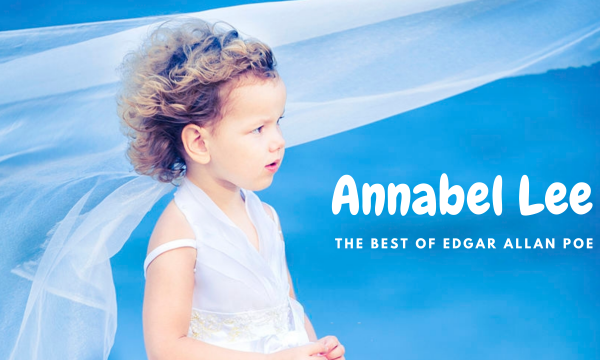

In this poem, the speaker talks about his love that was long lost. Lost, because it was so strong that everyone at the ‘kingdom by the sea’ envied it. The speaker believes that this, even though they were just little kids, love between him and his Annabel Lee was stronger and deeper than the ones between the people older and wiser than them. That despite the physical distance no one can part their souls from each other. Their love was real love and no teenage crush.
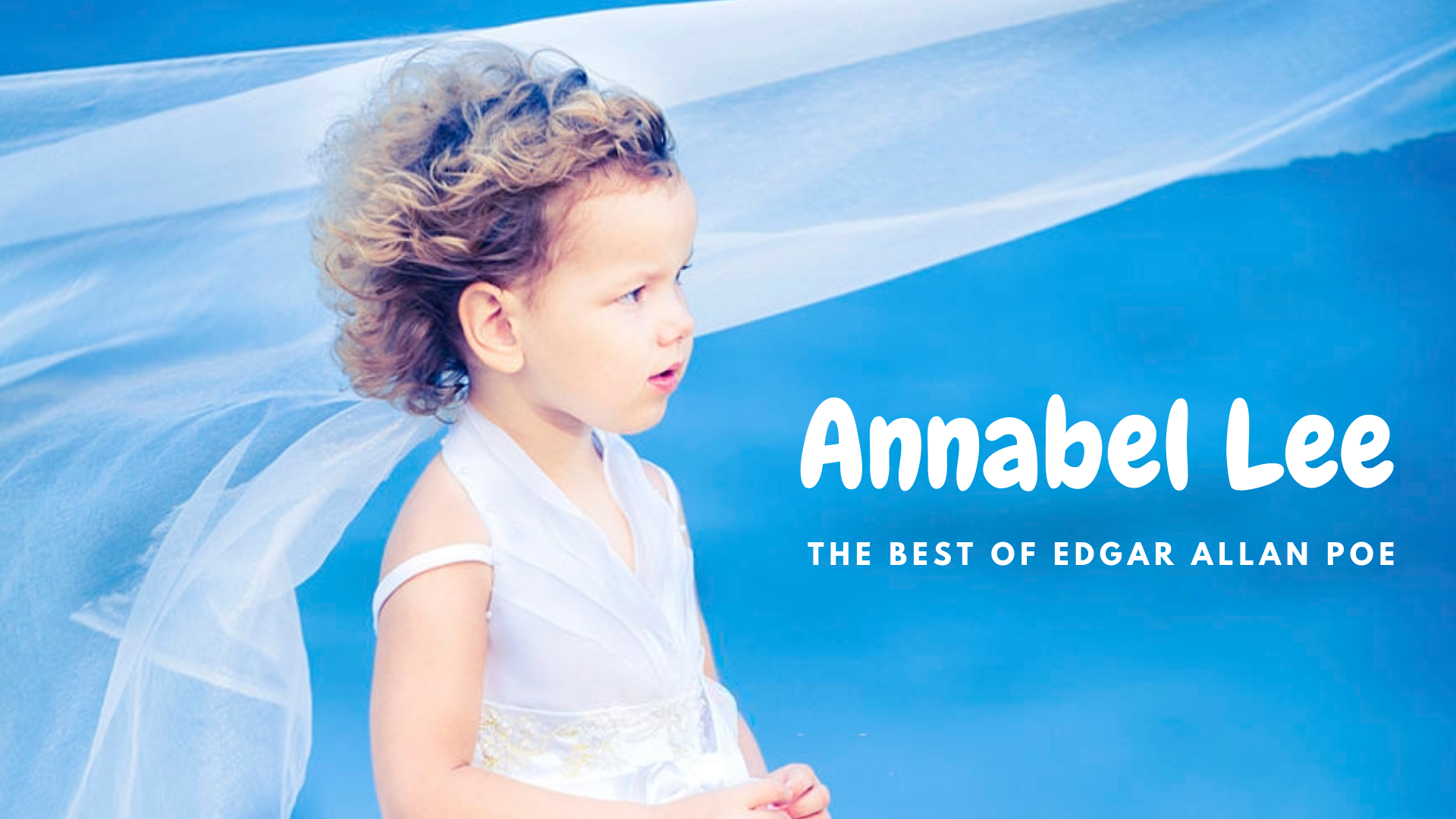



This poem depicts Blake’s sheer admiration for the ‘Tyger’ and for the God who made this mortal. This poem is full of questions. There are a total of 13 question marks in the poem.


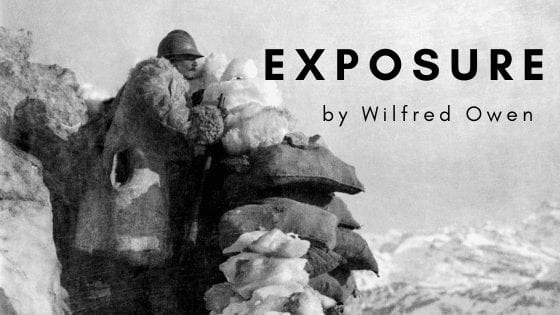

This is one of the finest poems written by Wilfred Owen, in the backdrop of WWI.
In this poem, he talks about how the soldiers sentiently keep waiting for the possible exposure to death, in the poorest of weather conditions. Always ready to die, their brains ache. ‘But nothing happens’. It highlights the effect of the weather on battle-weary soldiers and in addition puts their plight into context when it momentarily touches on the dream of a return home.


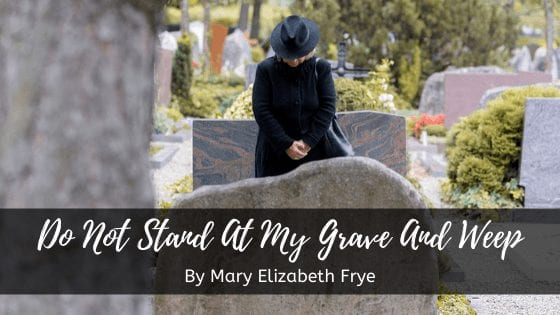

This extremely famous poem by Mary Elizabeth Frye has been read at countless funerals and public occasions. The author composed this poem in a moment of inspiration and scribbled it on a paper bag. She wrote it to comfort a family friend who had just lost her mother and was unable to even visit her grave.



